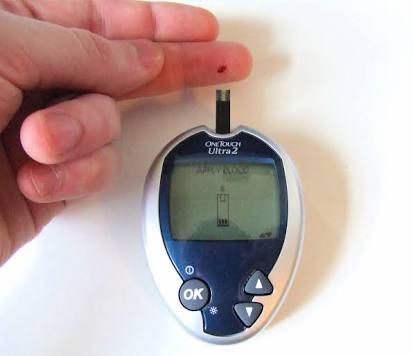Diabetes is one of the most common diseases in the United States. While it sounds like a minor issue, it’s actually deadly if not managed correctly. And, diabetes is a major contributor to atherosclerosis, heart disease, and stroke. About one-third of individuals with type 2 diabetes don’t even realize they have it. This puts them at an even high risk of serious side effects and symptoms. With proper management and understanding, however, you can live a healthy happy life.
What is diabetes screening?
The risk of diabetes increases with weight and age. With that in mind, it’s suggested that all individuals aged 45 or older be screened for the disease every three years. For those who are overweight, the doctor may prefer to screen every other year or every year. How often they decide to screen will depend on your overall health, as well as family history.
There are a couple of ways to test for diabetes. First, your doctor may have you use an at-home glucose test to monitor your blood sugar levels before and after each meal. They will then ask you to keep a diary. Another option is the A1C test, or fasting plasma glucose test, which provides the doctor with an estimate of your blood sugar levels for the past three months.
How do I manage diabetes?
Diabetes can be managed in a variety of ways. Regardless of how you manage your diabetes, it’s important that you remain under a physician’s care at all times. Your doctor can discuss the best options for you.
The most common and recommended methods of management are diet and exercise. Although medications help with diabetes management, diet and exercise work independent of medication and can also boost the efficacy of medications. Eating foods that are low in carbs and sugar will help keep your blood sugar levels even. Exercising just thirty minutes a day can have a huge impact on how your body processes meals. If you’re overweight, losing 10 percent of your body weight could lead to decreased blood sugar levels.
There’s a variety of medications also available to treat and manage diabetes. Drugs like sulfonylureas help the body produce more insulin, while biguanides work by lowering the amount of glucose produced by the liver. Glucophage, a type of biguanide, works by also helping the muscles absorb more glucose.
As you manage your diabetes you’ll also want to monitor how certain foods affect your body. Each individual is different, so while one person with diabetes might be able to eat a banana, others may not or may have to limit their serving size. Taking your blood sugar after each meal and charting it, along with what you ate, can bring a better understanding to how your body works.

